Keywords
Abortion, Greek nursing, percentage of abortion.
Introduction
Abortion is the early and technical termination of a pregnancy which is caused in several ways. Abortion remains one of the biggest problems worldwide. Manuscripts of the 14th century reveal that abortion was ethically and legally accepted in some countries such as England and USA. For centuries, philosophers and theologists disagreed about the existence of embryo’s soul [1]. In 1821 in America, was consisted the first law about abortion which not allows the drug use in order to cause an abortion.
According to the Greek law, the embryo’s life is a legal ‘good’ and is protected without depending on a pregnant’s life. According to epidemiological results, in the last decades, millions of abortion is taking place every year, in the whole world. There are many reasons for this to happen. The church refers to the termination of a pregnancy as it was the stop of life. Church confronts these situations as an organized murder.
In the East Europe, in the end of 90s, around 75 abortions happened in a proportion of 1000 women aged between 15 - 44 years old, in comparison to less of 20 abortions in 1000 women in the rest Europe. Abortion may have an organically and psychologically effect in women who decides to do that. A 5 year study in USA have shown that 25% of women who have done abortion, needed psychiatric help, in contrast to 3% of women who have never done abortion. In our country there aren’t such studies so that the psychological consequences of an abortion can be identified.
A fact that cannot be doubted about Greece is the increased number of abortions (around 300.000 / year) especially after 1986 when abortion became legal, even though many people believe that the number of abortion was higher before 1986 [2]. The reason that leads a woman to have an abortion, is certain, that is not the lack of information, but mainly financial reasons. This study tries to have a global approach to this issue.
Purpose
The purpose of this study was to estimate the attitude of Greek s citizens towards abortion.
Methods
1017 persons participated to this study. 274 (26.9%) were male and 743 (73.1%) female. The average age of the sample was 26.69 years (SD ± 10,183).
In order to collect the information, it was used a 20 closed type questionnaire (apart from the demographic characteristics) which was based on Greek and foreign bibliography. There was a pilot stage where changes weren’t necessary. The information were received and filed by the researchers, by a personal interview. The duration of the sample’s collection was 12 months. In order to participate in this study, it was necessary to know the Greek language and to have the agreement of the participants.
Statistical analysis
It was used the statistical program SPSS and x2 test analyzed the data.
Results
Descriptive
In this study participated, like mentioned, 1017 persons, 274 (26.9%) were male and 743 (73.1%) female. The age range of the participants was between 18 - 65 years with average age 26.69 years and standard deviation (SD ± 10,183).
As far as the educational level, 52.7% of the participants were of third grade education, 33.4% of second grade, 6.1% of obligatory education, while 7.7% had an Msc. title. 60.5% of the sample was unmarried, 32.8% were married, and 5.7% were divorced and 0.8% widow.
78.1% were living in Athens, 6.7% in a big suburban area, 7.7% in small suburbs and 6.7% in a municipality or community. Tables: 1,2,3



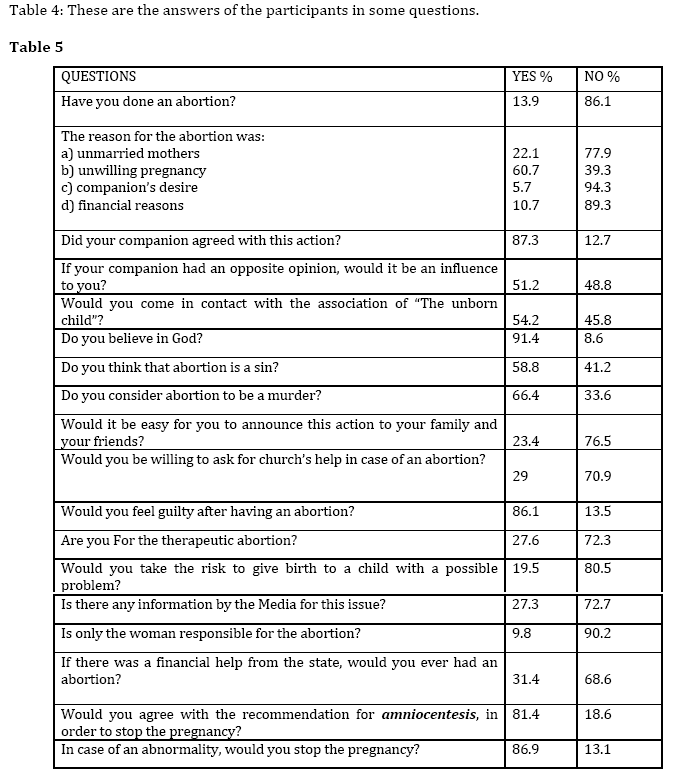
These are the answers of the participants in some questions.
Compared results
The comparison was done a. According to women who have done or not an abortion and b. according to the faith in God. The Group of women who have done an abortion and believe in God from now on will be Group A and who have not done an abortion and do not believe in God will be Group B. This comparison was judged necessary because according to our opinion, in that way, we can easily estimate the reasons that lead someone to this action.
The results that follows, seems to have a statistically difference between them. a. A comparison between women who have done an abortion and those who haven’t. In the question if their companion agreed with this action, 88.6% of women in Group A answered YES and 11.4% answered NO, with statistically difference, (p<0.001). (Picture 1)
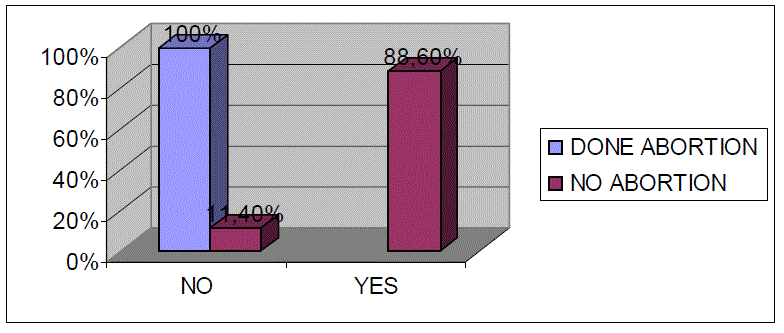
Picture 1: would your companion agree with having an abortion?
36.9% of women in Group A declares that would get in touch with the association of “ The unborn child” , in contrast to 63.1% who answered NO, showing statistically difference ,(p<0.001). (Picture 2)
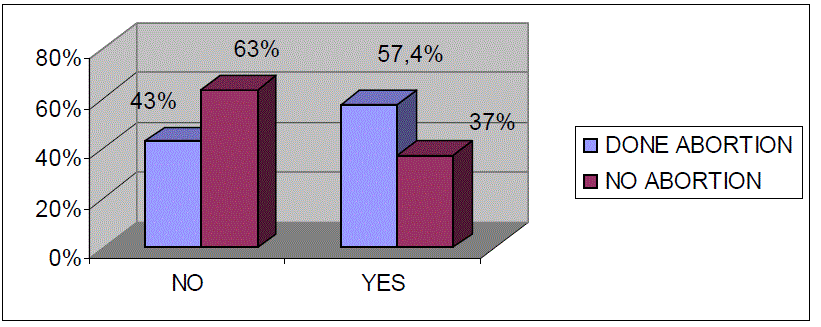
Picture 2: Would you get in touch with the association of ‘The unborn child’?
51.1% of the Group A and 68.8 of Group B believe that abortion is a murder (p<0.001). (Picture 3)
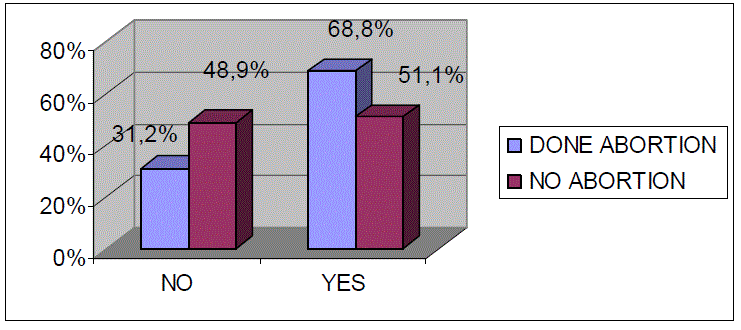
Picture 3: Do you believe that abortion is a murder?
33.6% of Group A would inform their relatives about the abortion. The same thing would do 21.7% of Group B, (p=0.008).
Young’s people attitude toward church’s help, in a probable abortion, is negative in a percent of 80.7% of Group A and 69.3% of the second Group, (p=0.006).
In the question if an abortion is a dilemma, 80.6% of Group A answered YES and so did the 72.6% of the second Group, (Ρ=0.049). (Picture 4)
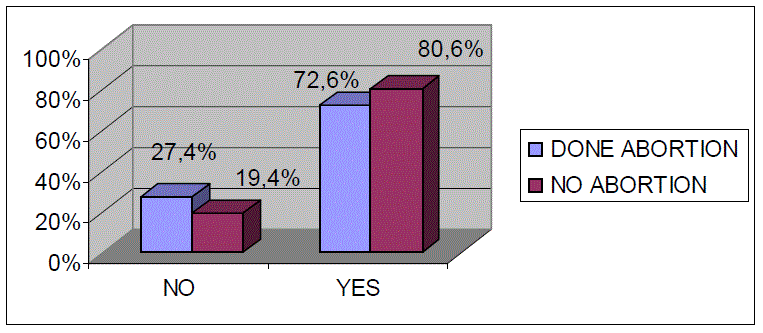
Picture 4: Is an abortion a dilemma?
After having an abortion, 78.3% of the first Group would feel guilty and the same feelings would have 87.3% of the second Group, (p=0.007). Both, men and women are responsible for this action, declares 91.6% of the first Group and 815 of the second one, (p<0.001). (Picture 5)
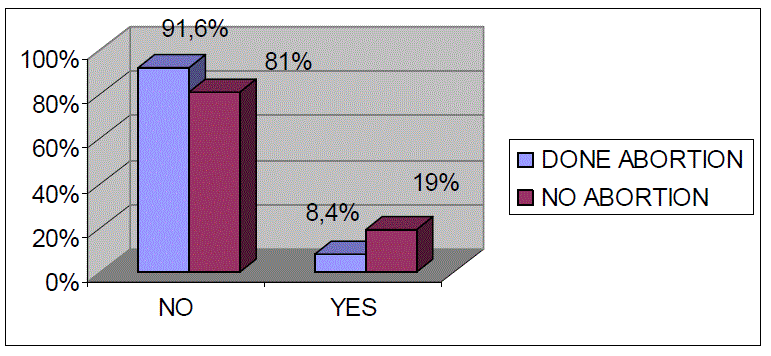
Picture 5: Is only the woman responsible for the decision of an abortion?
42.7% of the first Group and 73.4% of the second one wouldn’t have done an abortion if there was a financial help from the state, (p<0.001). Every woman has the right to ‘manage’ her body as she wishes, no matter of the possible negatives consequences. This opinion is supported by 77.2% of the first Group and by 62.4% of the second Group, (p=0.001).
b. According to the faith in God
Church’s attitude toward the matter of abortions is known to the percentage of 93% of the first Group and 70.9% of the second Group, (p<0.001). (Picture 6)
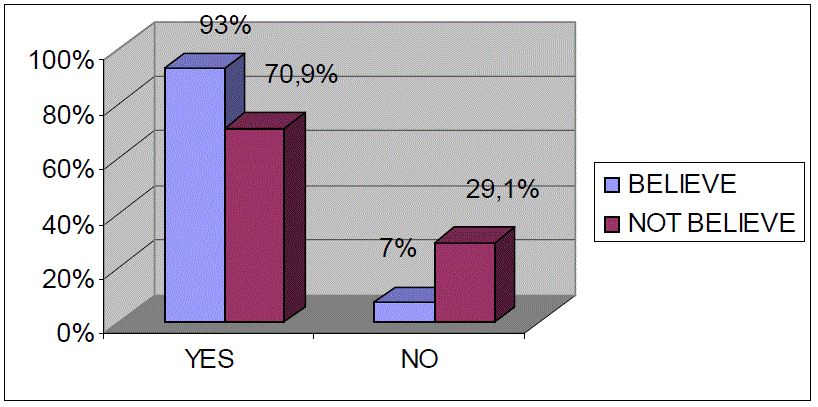
Picture 6: Are you aware of the Church’s attitude toward abortions?
45, 5% of Group A 63.5% of Group B, wouldn’t come in contact with the association of ‘ The unborn child’, in case there is an abortion’s dilemma, (p=0.004). (Picture 7)
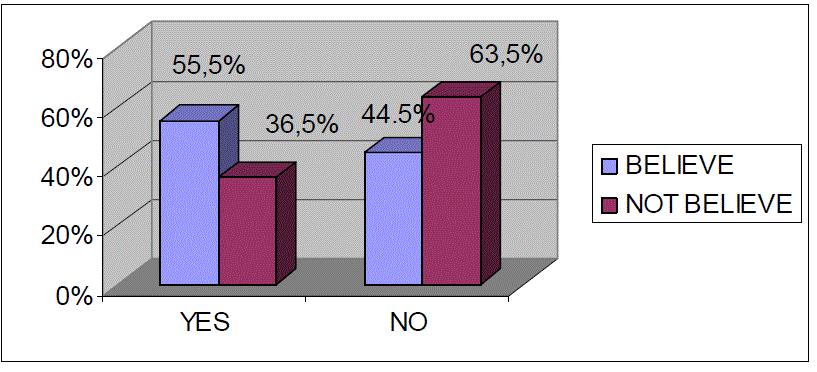
Picture 7: Would you come in contact with the association ‘The unborn child’?
23.3% of the first Group and 62.4% of the second Group (p<0.001) believe that abortion is a sin no matter what the reason may be for this action. (Picture 8)
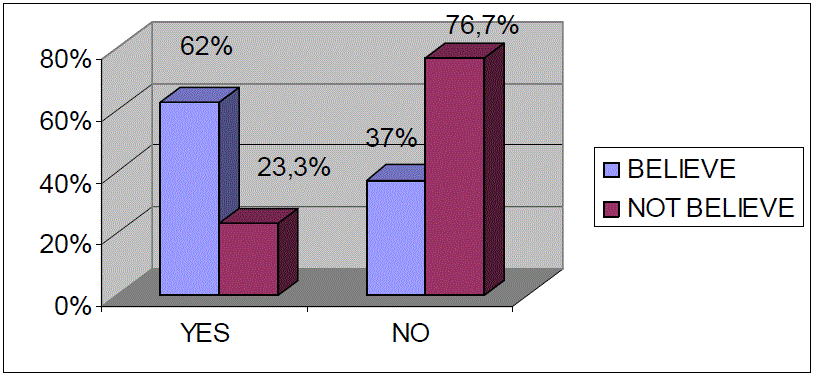
Picture 8: Do you believe that abortion is a sin?
Abortion is considered to be a murder, this is the opinion of 64.9% of Group A and the same believes 37.2% of the second Group, (p<0.001). 78.2% and 60.3% of Group A and B wouldn’t easily announce to their family and their friends that they have done an abortion,(p<0.001). A high percentage of both of the Groups, 69.2% (Group Α) and 88.8% (Group Β), wouldn’t ask for the church’s help, (p<0.001). (Picture 9)
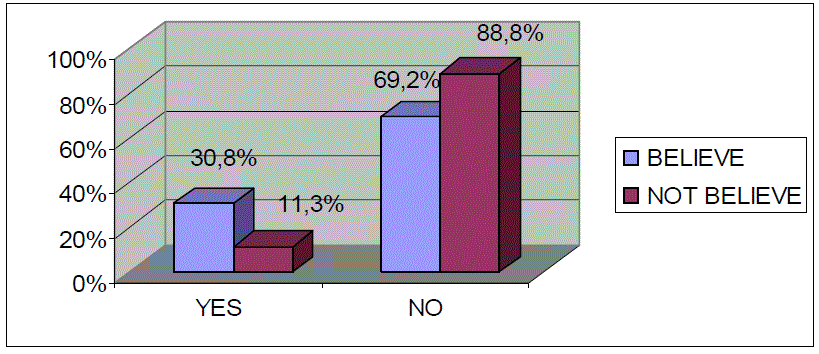
Picture 9: Would you be willing to ask for Church’s help?
88.6% of Group A feels guilty after done an abortion in a higher percentage than Group B which declares that they would feel guilty in a percentage of 59.5% , (p<0.001). (Picture 10)
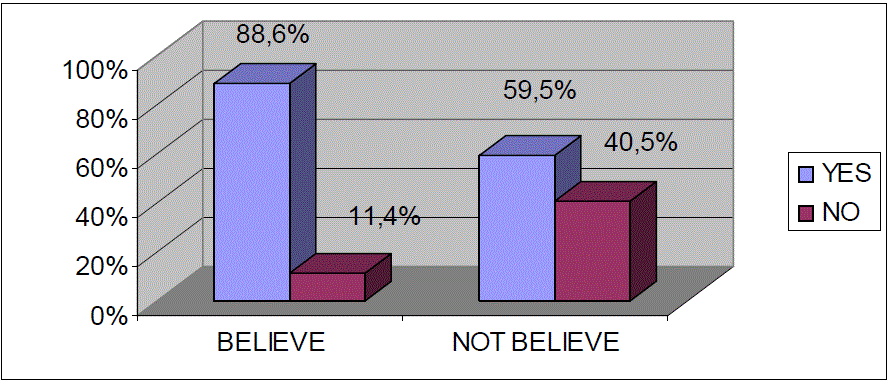
Picture 10: Would you feel guilty after having an abortion?
63% of the first Group and 37.2% of the second one, answered that the doctor has the right to deny doing an abortion, finding statistically difference (p<0.001). Both companions are responsible for this action. This is the opinion of the 91.4% of the participants in the first Group and 79.7% of the participants in Group B, (p<0.001). (Picture 11)
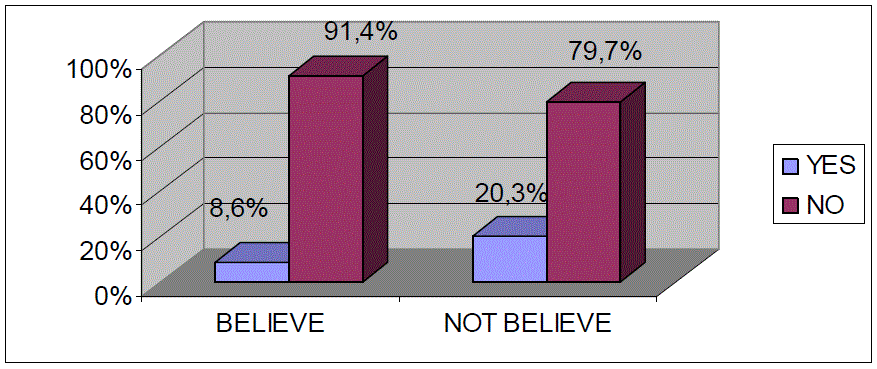
Picture 11: Is only the woman responsible for this action?
If there was a chance for the couple to be financially encouraged by the state, so as to have a child, 71.5% of group A and 36.9% of Group B wouldn’t have chosen to have an abortion, (p<0.001). (Picture 12)
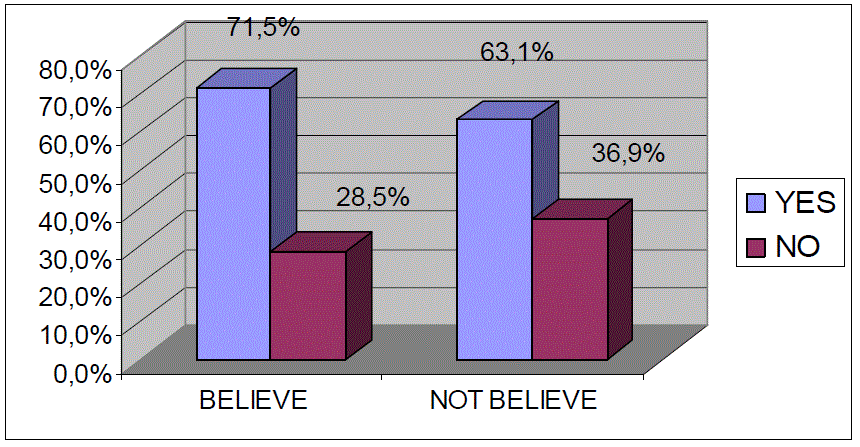
Picture 12: If there was a financial help from the state, would you have an abortion?
Discussion
As it was mentioned, abortion is considered to be one of the major problems worldwide. In some countries, is legally accepted and in some others not. Abortion continues to cause a debate among scientists. In our study, a well respected percentage (13.9%) has done an abortion and according to our opinion this percentage is high, if someone take into consideration that there is a huge demographic problem in Greece.
In Greece, it is referred that the number of abortion is twice higher that the number of births. The reason why someone was having an abortion, in our sample, was the unwilling pregnancy and less, economical reasons or a child of an unmarried couple. In a study of the Medical School of University of Athens and in one measurement of the abortions in Greece, for almost 20 years, the frequency of abortion in the age range of 14-19 remains huge, while the percentages of pregnancies in the early adolescence decline, without stop being a serious medical and social problem [3]. Another study, which took place in Crete, 89% of the sample thinks that the reason why someone is having an abortion is socioeconomic reasons [4].
In a research that took place in Denmark, where 1080 persons participated , believed that social reasons were the reason for an abortion [5].
In another study the reason was the postponement of a pregnancy [6].
In our research, we can see that in a high percentage the companion was for this movement. In a study which happened among Greece and Belgium, 2/3 of men were trying to convince their companion not to do that. This disagreement may cause several problems in the couple and help is suggested from the specialists. In the present study, half of the sample wouldn’t be influenced from the opposite opinion of the companion [7].
The faith in God continues to be a significant factor of avoiding an abortion. Over 90% of those who took part in this study, declares that believe in God and that is why the same percentage thinks that abortion is a murder and a sin, no matter what the reason might be. In a research, among Greeks and Americans, in a sample of 3487 persons, it is referred that religion influences sexual liberalism and as consequence the attitude toward abortion. In Greek people, faith is a factor of avoiding having an abortion but this doesn’t exist for the American people [8].
A study which was including students, the opinions where different in the issue of the abortion as a murder and it ended up that the children’s and adolescents socialization may be more predictive of orientations toward abortion [9,10,11,12].
Another study refers to religious background and believes that is a very important factor of having a negative attitude toward abortion [13].
As a fact, abortion wouldn’t be announced in the family. In the same conclusion ended up another study where it was mentioned that the parents didn’t know anything about the pregnancy [4].
For the therapeutic abortion is the 1/3 of the sample. In another study, where women of different ethical principals were compared and they, recently, had a child, both categories were FOR the termination of a pregnancy when it is about abnormality. And, in the study of Denmark, most of the participants agreed with on time abortion in case of the abnormality of Syndrome Down [5].
There is not sufficient information from the Media, supports the participants of the study, in a high percentage. In the same conclusion ended up the research in Crete [4].
They would never get in contact to the “Association of the unborn child”, in a high percentage. According to this and all that was mentioned, someone can easily understand that it is not easy for a person to announce its intention to have an abortion. May be, it is required more information about the goals and the philosophy of this association, in order to approach women and avoid probable abortions.
Conclusion
1. Abortion is a dilemma.
2. Half of the people who have done an abortion believe that is a murder and they wouldn’t inform their social environment.
3. 71.5% wouldn’t have done an abortion if they had a financial help from the state.
4. The majority of the sample wouldn’t ask for Church’s help, even though they consider abortion to be a sin.
5284
References
- Deligeoroglou E, Cristopoulos P, Creatsas G, “Pregnacy and Abortion in Greek adolescentgynecologic clinics”.,AkushGinekol (Sofiia). 2004; 43 Suppl 4: 37?40.
- Mavroforou A, Koumantakis E, Michaloimitrakis E, “Adolescence and Abortion in Greece:women’s profile and perceptions, J PediatrAdolesc Gynecol. 2004 Oct; 17(5):321?6.
- Norup M, Attitudes towards abortion in the Danish population, Bioethics. 1997; Oct; 11(5):439?49.
- Uvgur D, Erkava S, “Reasons why women have induced abortions in a developing country”, EurJ ObstetGynecolReprod Biol. 2001 Jun; 96(2): 211?4.
- Naziri D, Man’s involvement in the experience of abortion and the dynamics of the couple’srelationship: a clinical study, Eur J ContraceptReprod Health Care. 2007 Jun; 12(2): 168?74
- Bahr Sj, Marcos AC, “Cross – cultural attitudes toward abortion - Greeks versus Americans, JFam Issues. 2003 Apr; 24(3):402?24.
- Allgeiher AR, Allgeier ER, Rywick T, “Orientations toward abortion: guilty of knowledge?”Adolescence. 1981 Summer; 16(62):273?80.
- RoupaΖ , Μylona Ε., SotiropoulouΠ.,Faros Ε., Raftopouls V., ΚοtrotsiouE.,Νikas M.,Gourni M.,Arsenos P.,Salakos N.” Knowledge of Students Training to be Health Care Professionalsabout AIDS transmission” Health Science Journal, 2007
- Roupa Z., Mylona E., Sotiropoulou P., Arsenos P., Kotrotsiou E., Gourni M., Faros E., Nikas M.,Salakos N. “ Planned Parenthood and students knowledge of Contraceptive Methods” HealthScience Journal, 2007
- Roupa Z. Familial Planning and Contraception. Publications Ellin. Athens 2006
- Leung TN, ChingChau MM, Chang JJ, Leung TY, Fung TY, Lau TK, “Attitudes towardstermination of pregnancy among Hong Kong Cinese women attending prenatal diagnosiscounseling clinic, Prenat Diagn.2004 Jul;24(7):546?51.





















